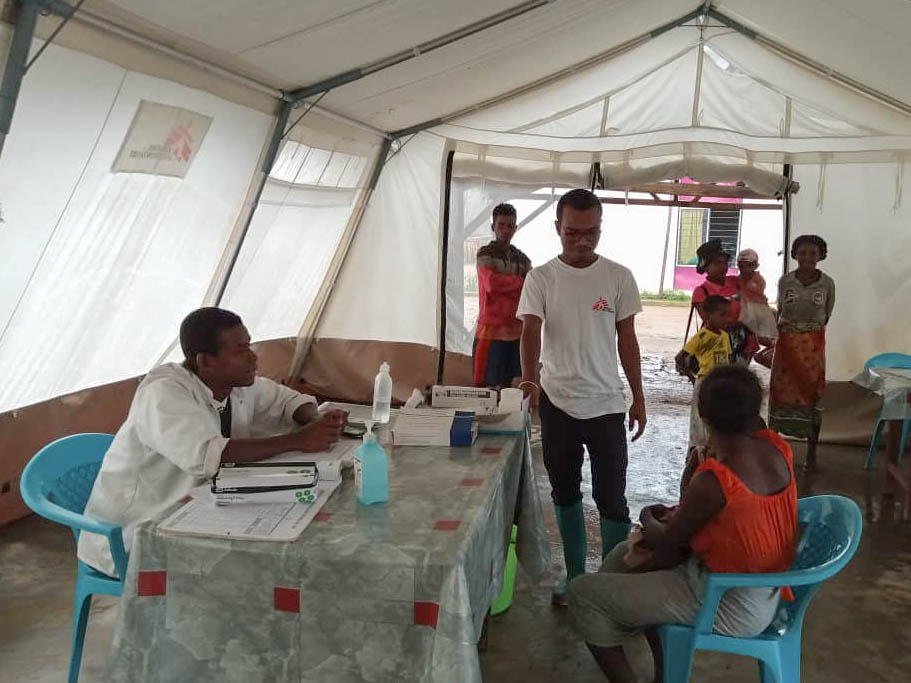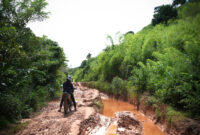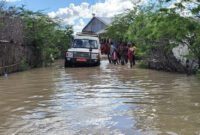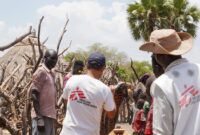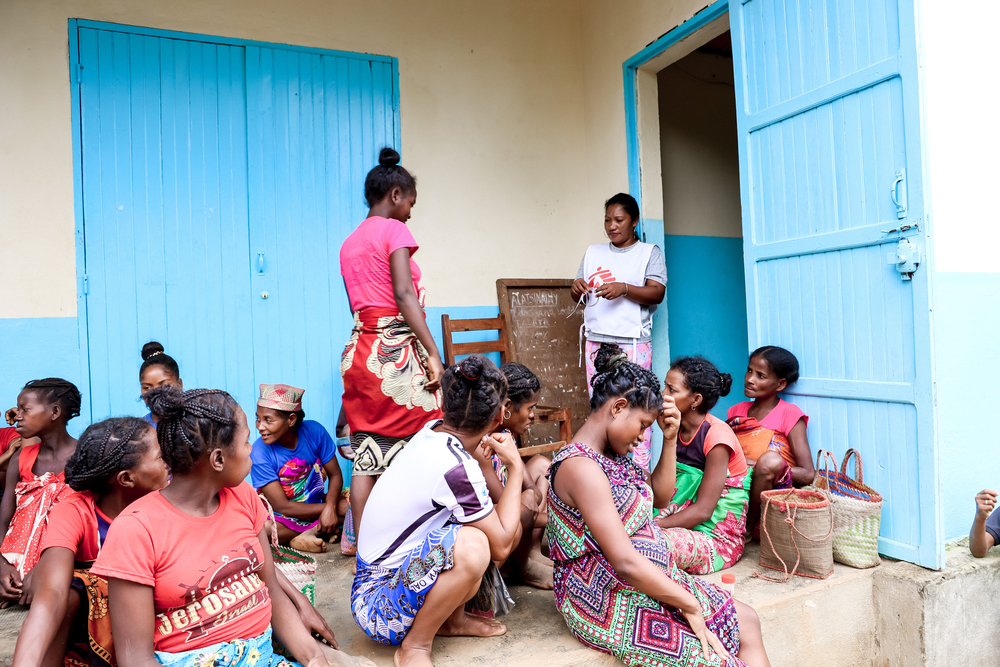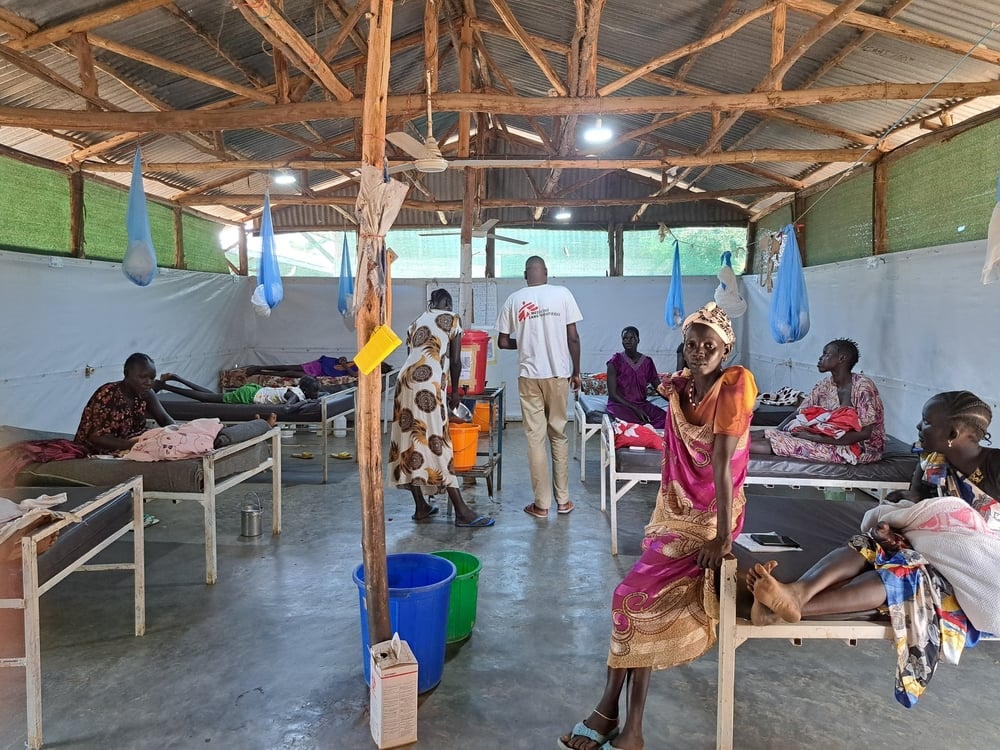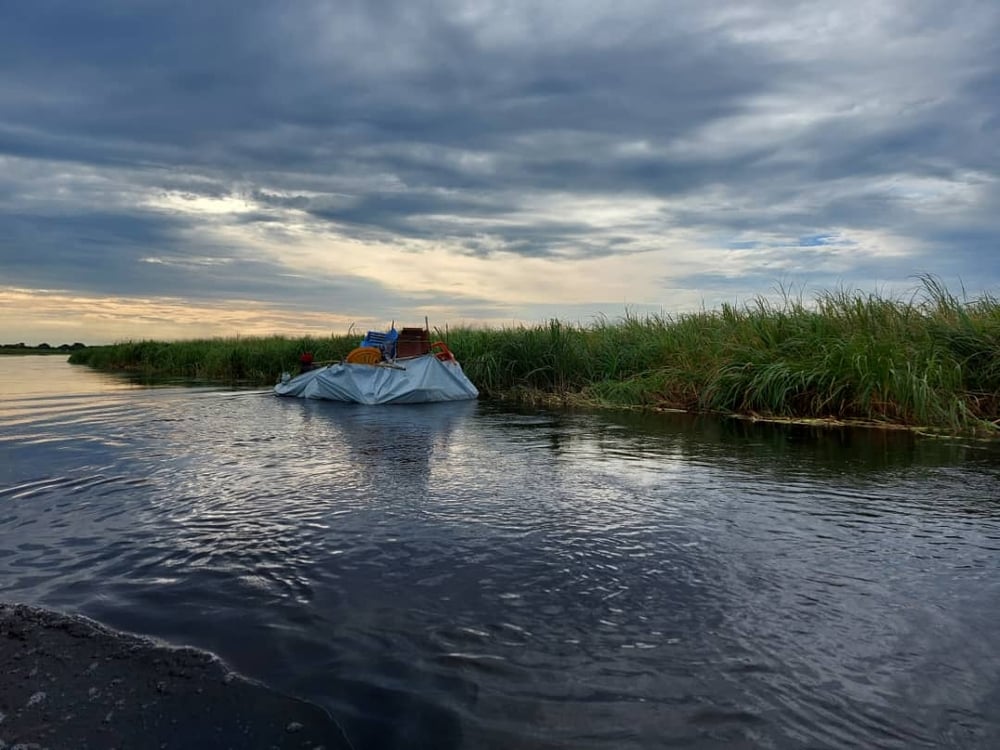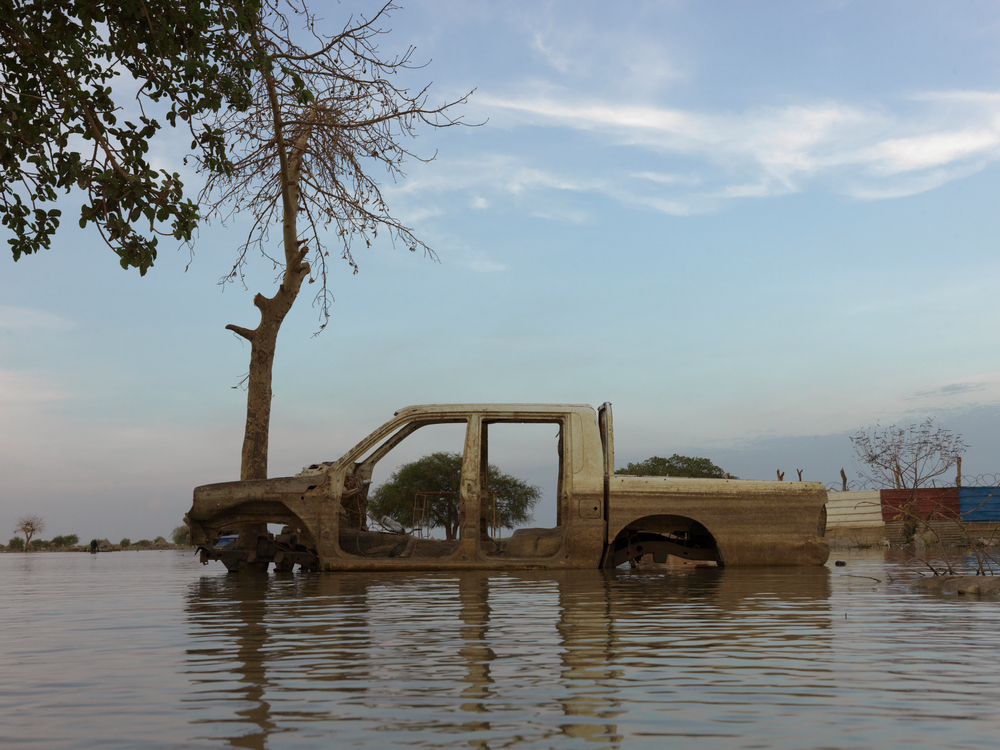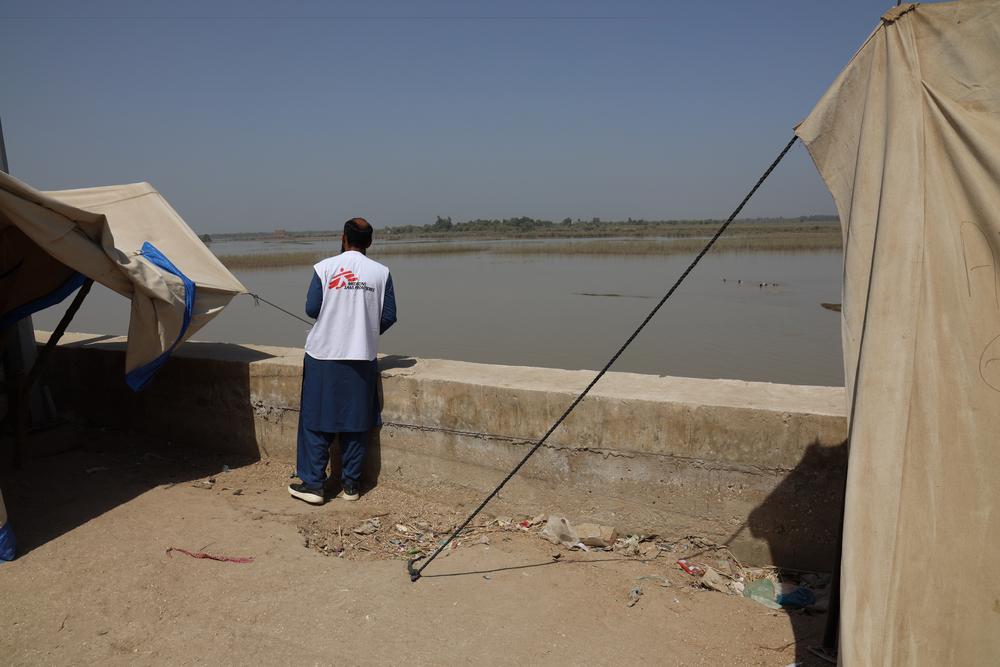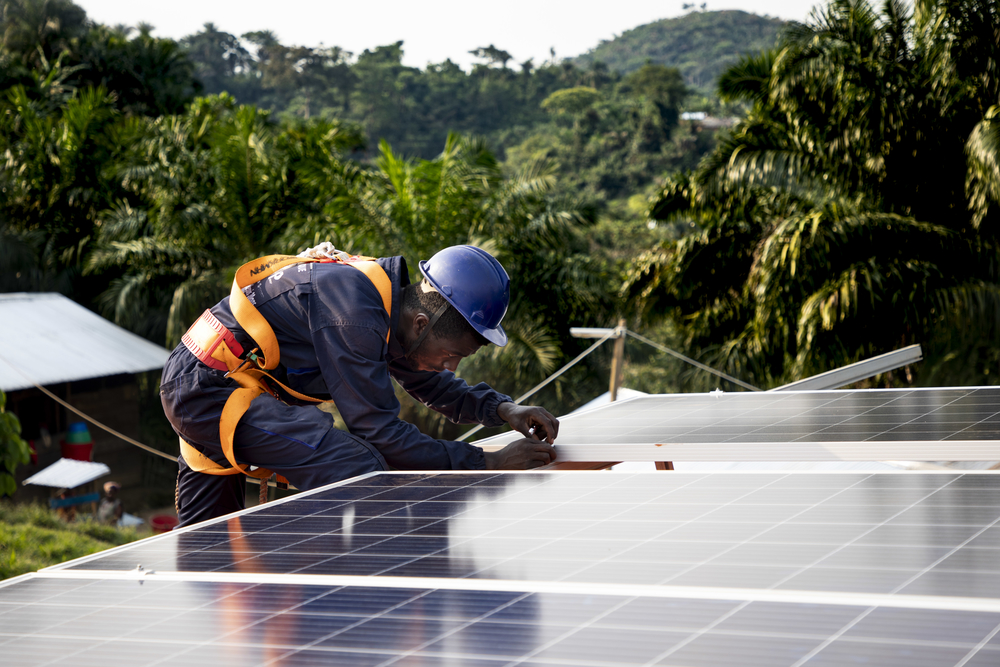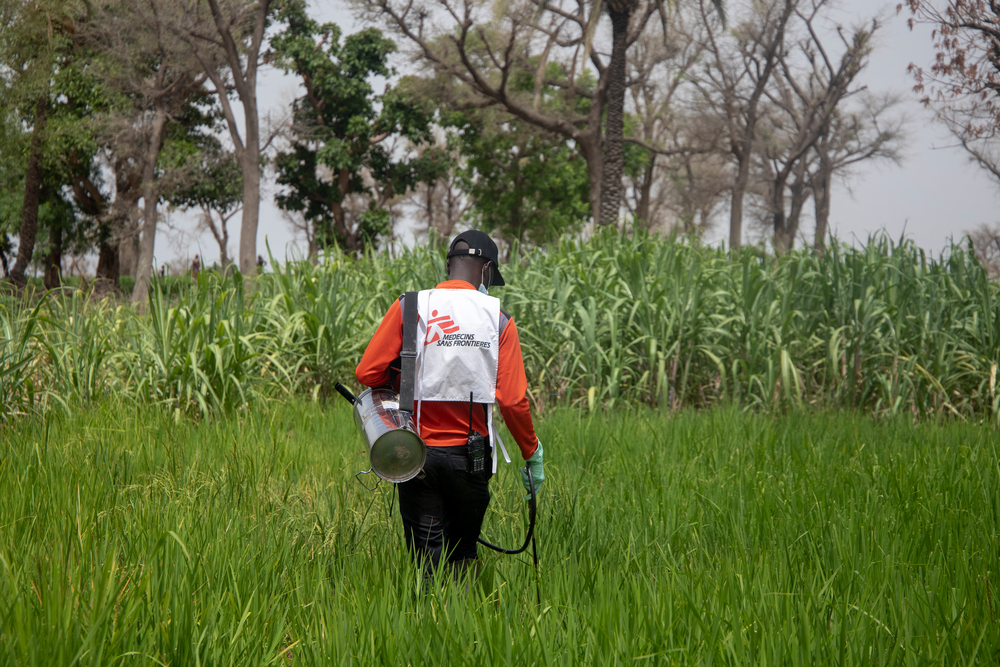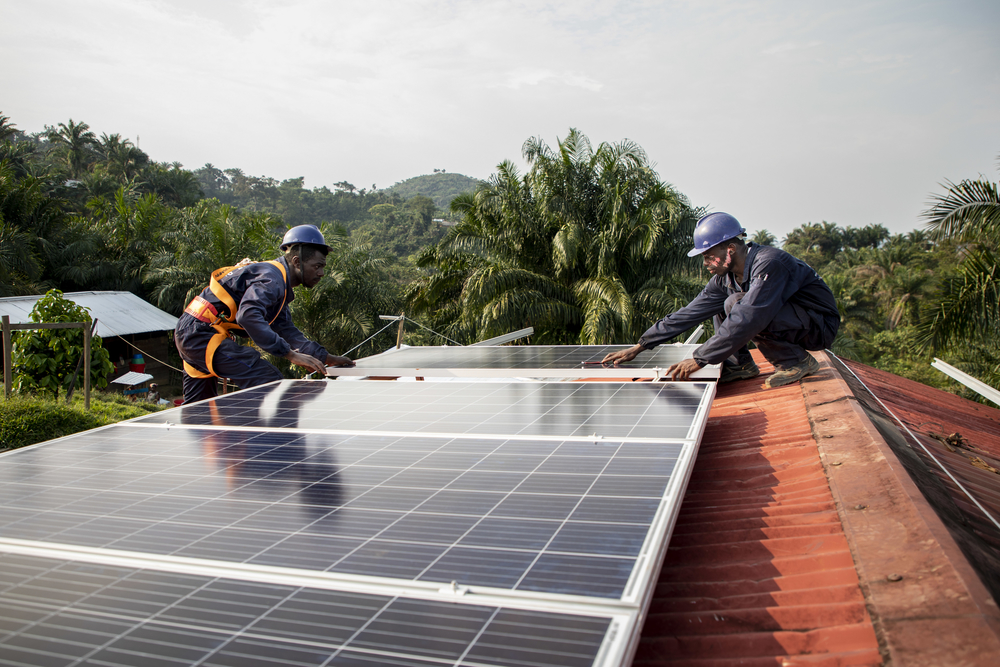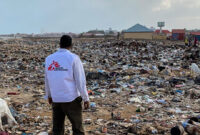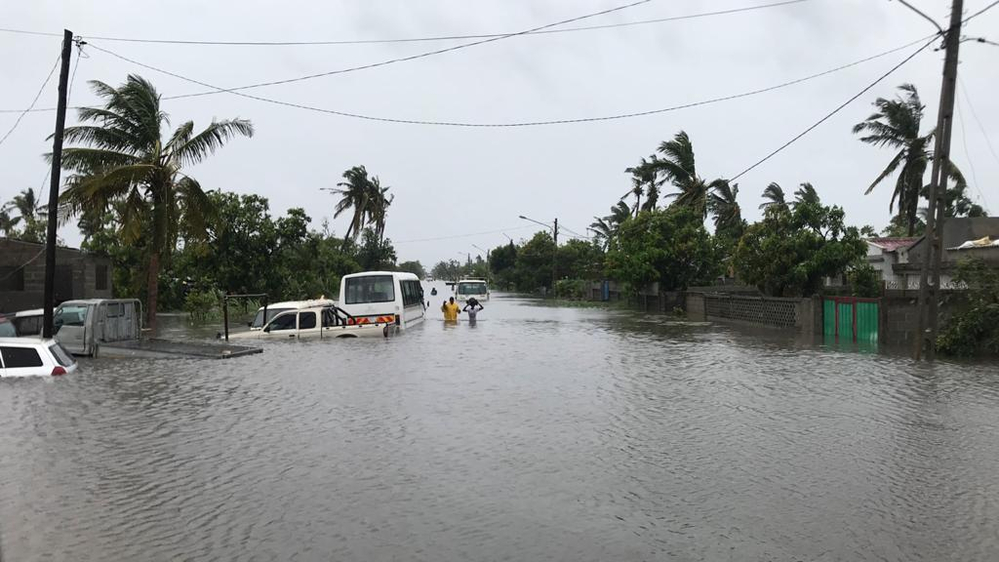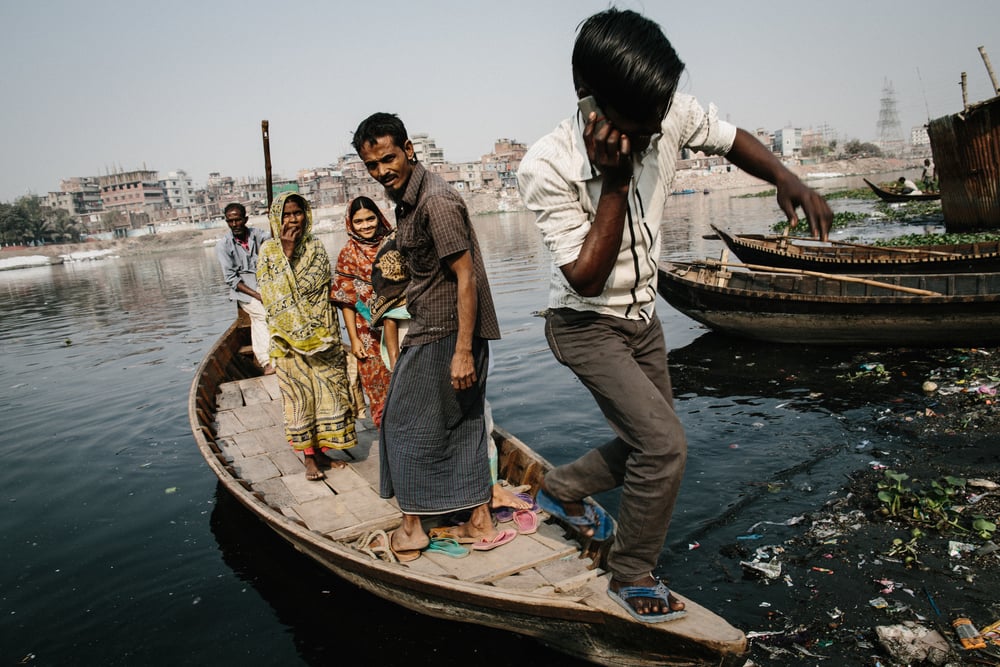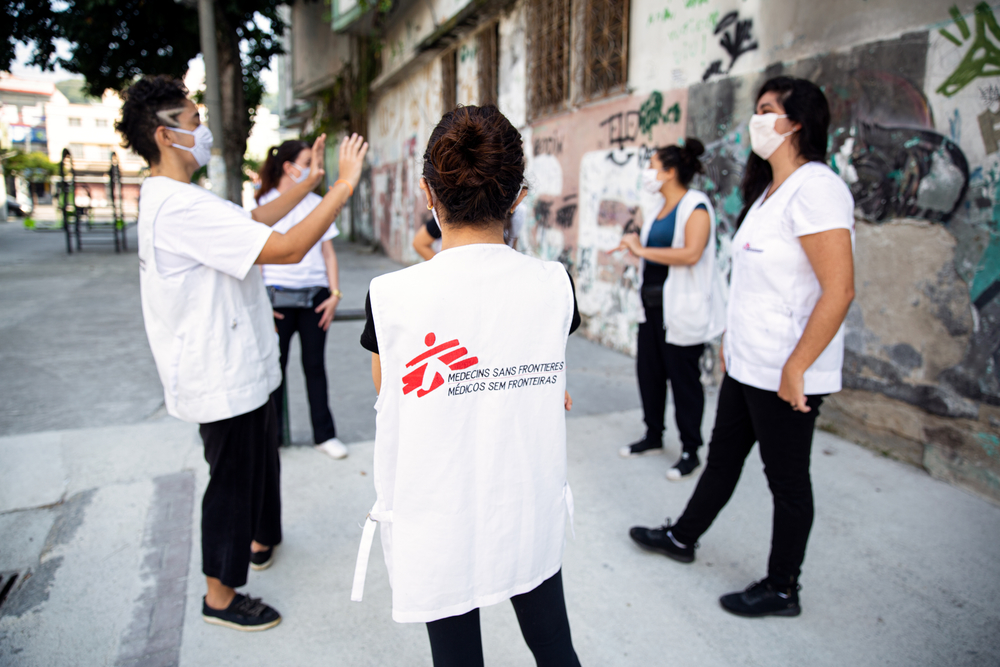Madagascar: malnutrition spikes in the wake of climate shocks
An alarming situation is unfolding in southeast Madagascar, where malnutrition is on the rise in rural communities. People in the southeastern Ikongo district face acute food shortages after harvests were destroyed in last year’s cyclones.
The Integrated Food Security Phase Classification (IPC) analysis of January 2023 shows that more than a quarter of the population in the Vatovavy-Fitovinany and Atsimo-Atsinanana regions are currently experiencing acute food insecurity. During active nutritional screening in November 2022, Doctors Without Borders/Médecins Sans Frontières (MSF) found that nearly one in five children screened were suffering from moderate or severe malnutrition at the onset of the lean season. MSF is currently supporting 24 health facilities in hard-to-reach places, as well as treating patients for malnutrition in five health centres in Ikongo district where, as of early January, a total of 2072 children under the age of five were being treated for severe acute malnutrition, nearly half were admitted to MSF nutritional programmes. This number is expected to rise over the coming months due to a lack of food combined with the peak malaria season.
Madagascar is one of the countries at most risk from climate change and faces extreme weather events at regular intervals. The southeast region was hit in early 2022 by two consecutive cyclones, Batsirai, on the Feb. 5 and Emnati, on the Feb. 22. They left a trail of destruction, uprooting trees and destroying crops, heavily affecting local agriculture. The majority of people in the area live off agriculture, mainly crops such as cloves, coffee, vanilla and bananas. With most of the crops destroyed, people lost both their food stocks and their sources of income. In the Vatovavy-Fitovinany and Atsimo-Atsinanana regions, almost the entire agricultural area has been affected including more than half of the food crop.
“While communities in these areas already have very high rates of chronic malnutrition, the cyclones have tipped them over into an acute situation,” says Brian Willett, MSF country director in Madagascar. “Repeated climate shocks aggravate hardship for communities who have to build back every time”.

Food insecurity is not new in Madagascar but several factors have further impacted health problems among the most vulnerable. In addition to the cyclones intermittent rains and persistent crop failures, limited access to health care and COVID-19 have also fuelled existing food insecurity.
“Few humanitarian organisations work in the southeast and we are looking at scaling up our activities,” says Willett. “Many households tell us that despite careful rationing, their staple food stocks will be completely empty by February. This is worrying as the crop production from this year’s season is expected to be low due to little rain in the beginning of the season. And if yet another cyclone was to hit this season, it would transform this already dire situation into a catastrophe of significant scale.”
MSF first worked in Madagascar in 1987 and most recently returned in 2021, to tackle the malnutrition crisis in the south of the country. Today, MSF is supporting 29 local health facilities in Ikongo District with nutritional care, bringing therapeutic foods and training health staff to diagnose and treat malnutrition. MSF teams also provide primary health care to communities in the coastal area of Nosy Varika and sanitation and water infrastructure in the Androy Region.
